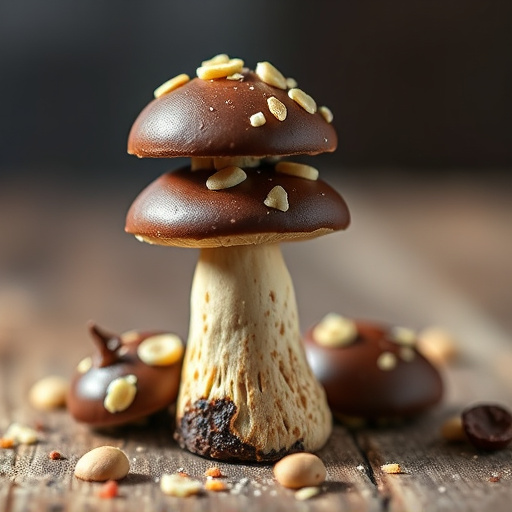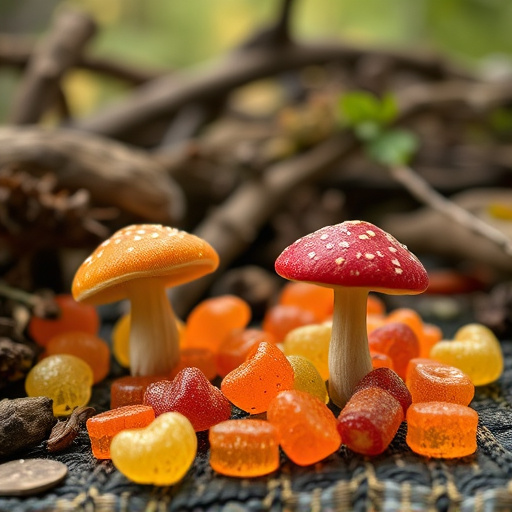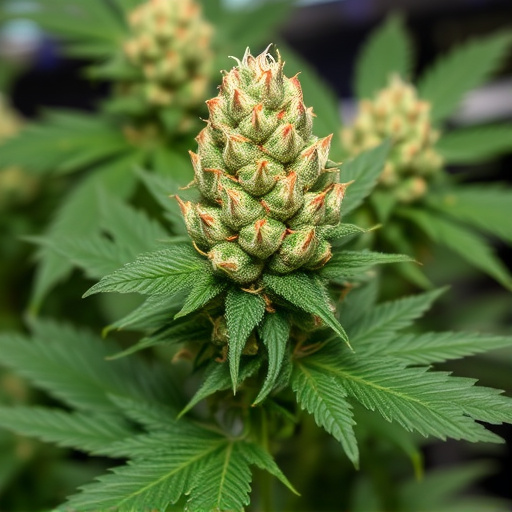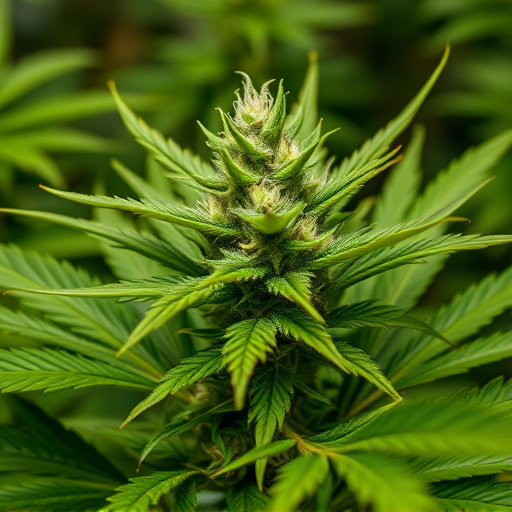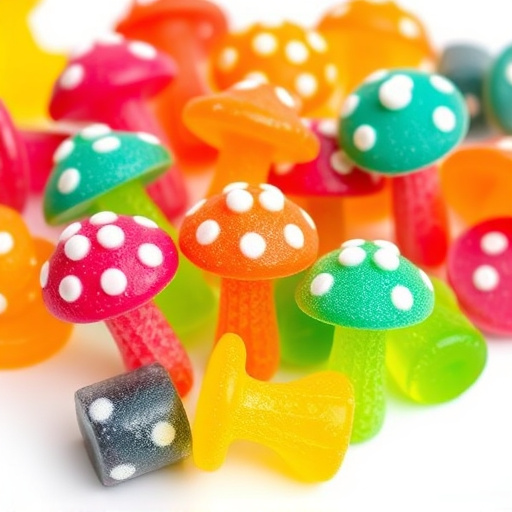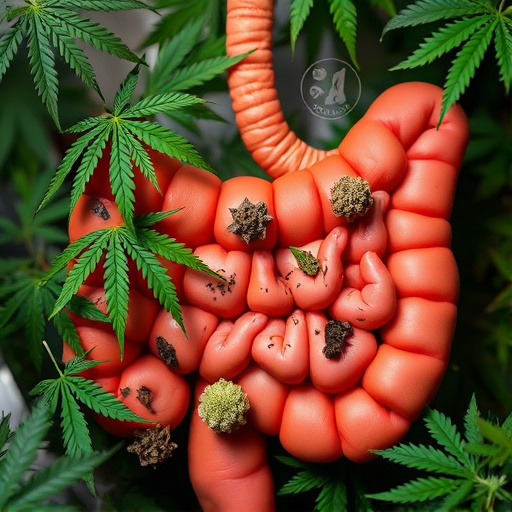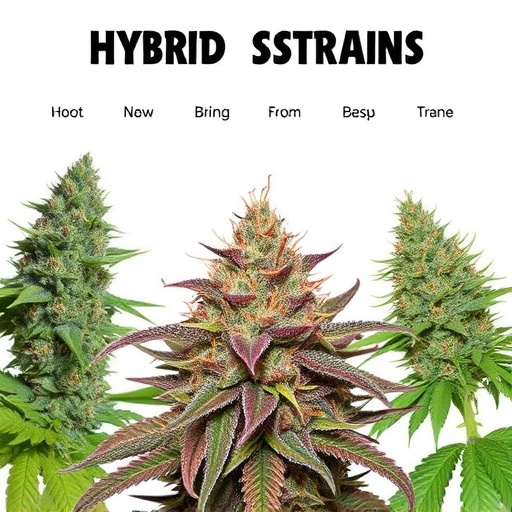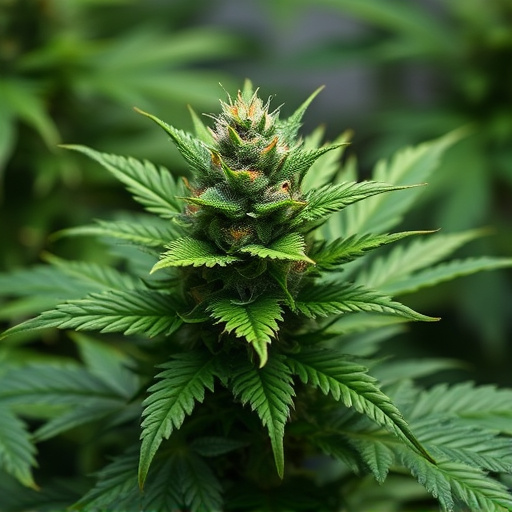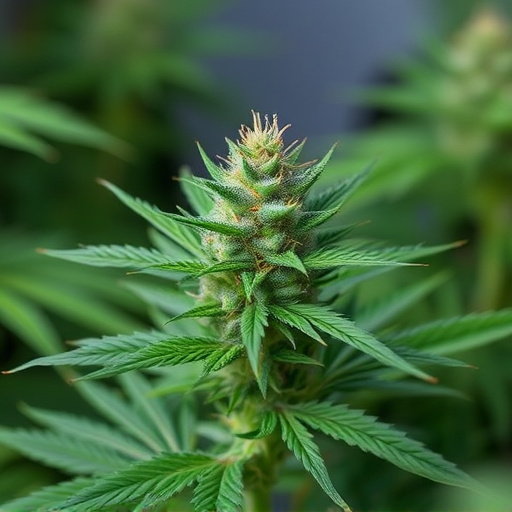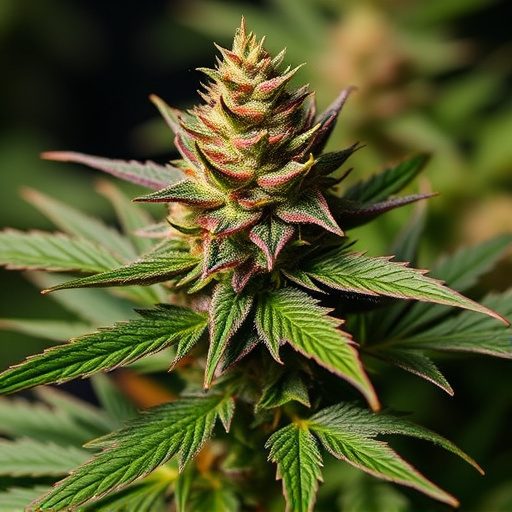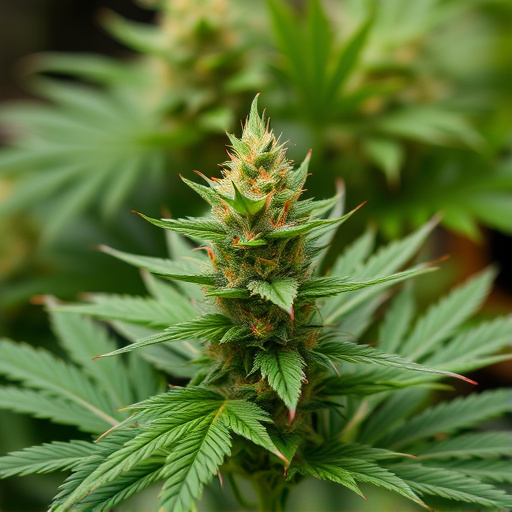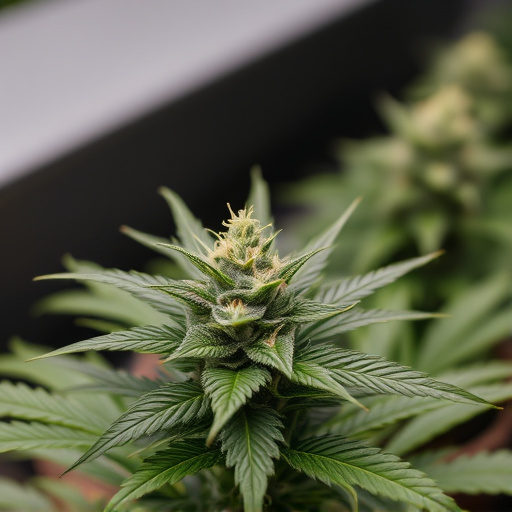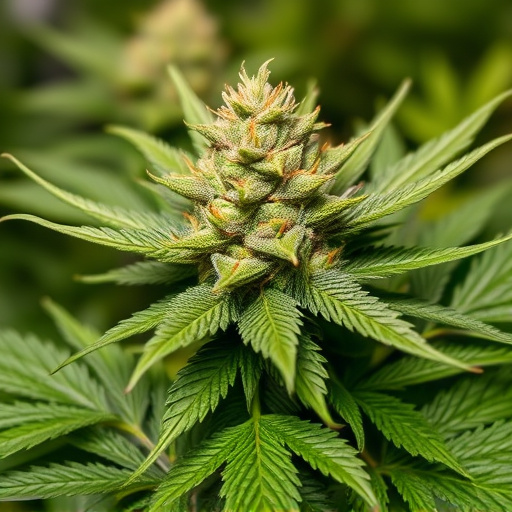Cannabis Overdose & Recovery: While often misattributed to consumption amount, cannabis overdoses are influenced by individual tolerance and strain composition, especially in high CBD varieties. Symptoms can include anxiety, paranoia, rapid heartbeat, and hallucinations. Edible forms pose higher risk due to delayed effects. Recognizing symptoms is vital for intervention. Recovery requires medical attention, hydration, rest, gentle exercises, stress-reduction techniques, and supportive relationships. High CBD strains offer non-intoxicating relief from anxiety, pain, and inflammation, aiding post-overdose recovery.
“Experiencing a cannabis overdose? It’s crucial to understand this can happen even with legal, recreational use. This article guides you through recovering from a cannabis overdose, focusing on both physical and mental wellness. We explore common symptoms and triggers, offering strategies for safe recovery. Additionally, we delve into the potential benefits of high CBD strains in mitigating mild to severe cases. By understanding these aspects, you’ll be better equipped to navigate post-overdose care.”
- Understanding Cannabis Overdose: Symptoms and Triggers
- Strategies for Safe Recovery: From Physical to Mental Wellness
- High CBD Strains: A Potential Solution for Mild to Severe Cases
Understanding Cannabis Overdose: Symptoms and Triggers
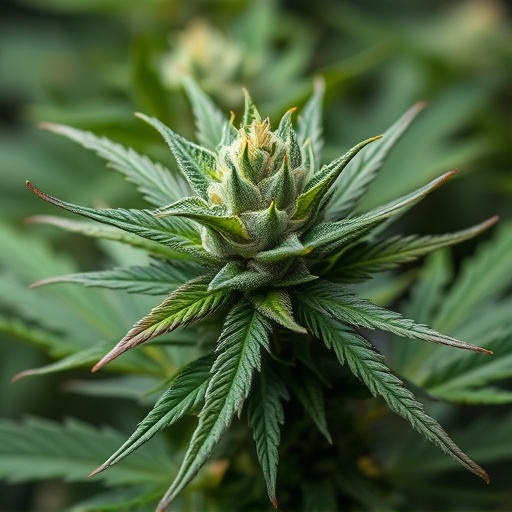
A cannabis overdose occurs when an individual consumes a significantly higher amount of the substance than their body can process safely. Unlike popular belief, it’s not just about how much is consumed; tolerance and strain composition play crucial roles. High CBD cannabis strains, while known for their therapeutic benefits, can induce severe reactions in excessive doses. Symptoms may include intense anxiety, paranoia, rapid heartbeat, panic attacks, nausea, and severe disorientation. In extreme cases, users might experience hallucinations or temporary psychosis.
Triggers vary widely but often involve consuming edible forms of cannabis, as the effects take longer to kick in, leading to unintentional overconsumption. Strong high CBD strains can also trigger an overdose due to their potency masking the user’s typical tolerance levels. Recognizing these symptoms promptly is vital for safe recovery.
Strategies for Safe Recovery: From Physical to Mental Wellness
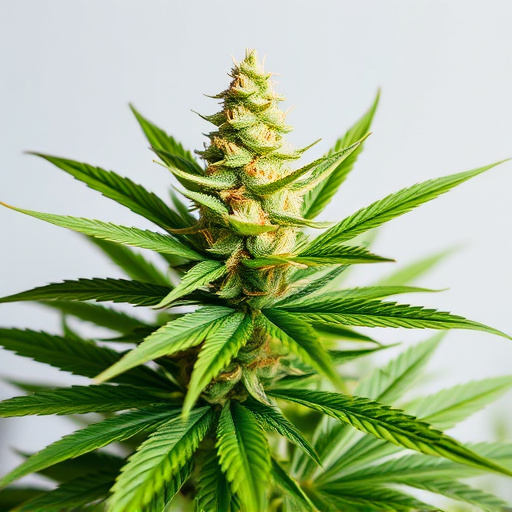
When recovering from a cannabis overdose, prioritizing both physical and mental wellness is crucial. The first step involves ensuring stability. If symptoms persist or worsen, seek immediate medical attention to rule out any adverse reactions or complications. Hydration and rest are fundamental; drinking plenty of water can help flush out the system while adequate sleep allows the body to heal. Incorporating gentle exercises like walking or yoga can also aid in recovery by promoting blood circulation and reducing muscle tension.
In addition to physical measures, addressing mental health is paramount. Cannabis overdose can induce anxiety, paranoia, or intense emotional reactions. Engaging in stress-reduction techniques such as meditation, deep breathing exercises, or mindfulness practices can help calm the mind. Additionally, connecting with loved ones who can provide a supportive environment and understanding without judgment is immensely beneficial. Exploring high CBD cannabis strains known for their calming effects might also offer relief while promoting better sleep and overall mental resilience.
High CBD Strains: A Potential Solution for Mild to Severe Cases
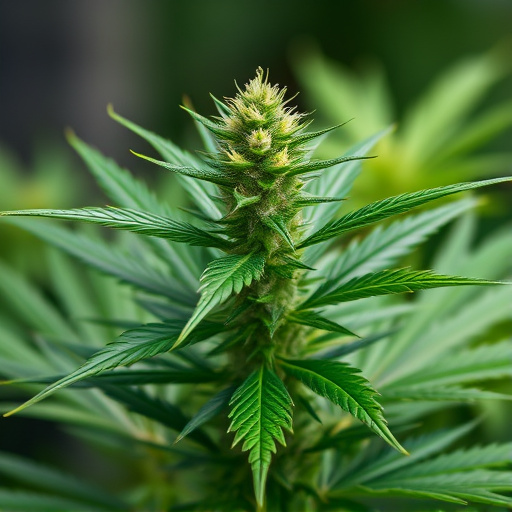
In the case of a cannabis overdose, especially for those experiencing mild to severe symptoms, turning to high CBD cannabis strains could be a strategic solution. These strains offer an appealing alternative due to their unique composition—rich in cannabidiol (CBD) and often lower in tetrahydrocannabinol (THC). The non-intoxicating effects of CBD make it a preferred choice for managing anxiety, pain, and inflammation without inducing the psychotic or paranoia sometimes associated with THC.
High CBD cannabis strains have gained popularity for their potential therapeutic benefits. Research suggests that CBD interacts with the body’s endocannabinoid system, which regulates mood, appetite, sleep, and pain perception. By incorporating these strains into their routine, individuals recovering from an overdose may find relief from symptoms like nausea, anxiety, or paranoia while potentially avoiding the more intense effects of THC.
In light of the above, it’s clear that while cannabis overdoses can be distressing, they are treatable. By recognizing symptoms and understanding triggers, individuals can take proactive steps towards recovery. Incorporating strategies that span physical and mental wellness is key to a comprehensive healing process. Additionally, exploring high CBD strains may offer relief for those experiencing mild to severe cases, providing a natural solution with minimal psychoactive effects. Remember that seeking professional help is crucial when dealing with an overdose, and these methods can serve as valuable tools in the recovery journey.
